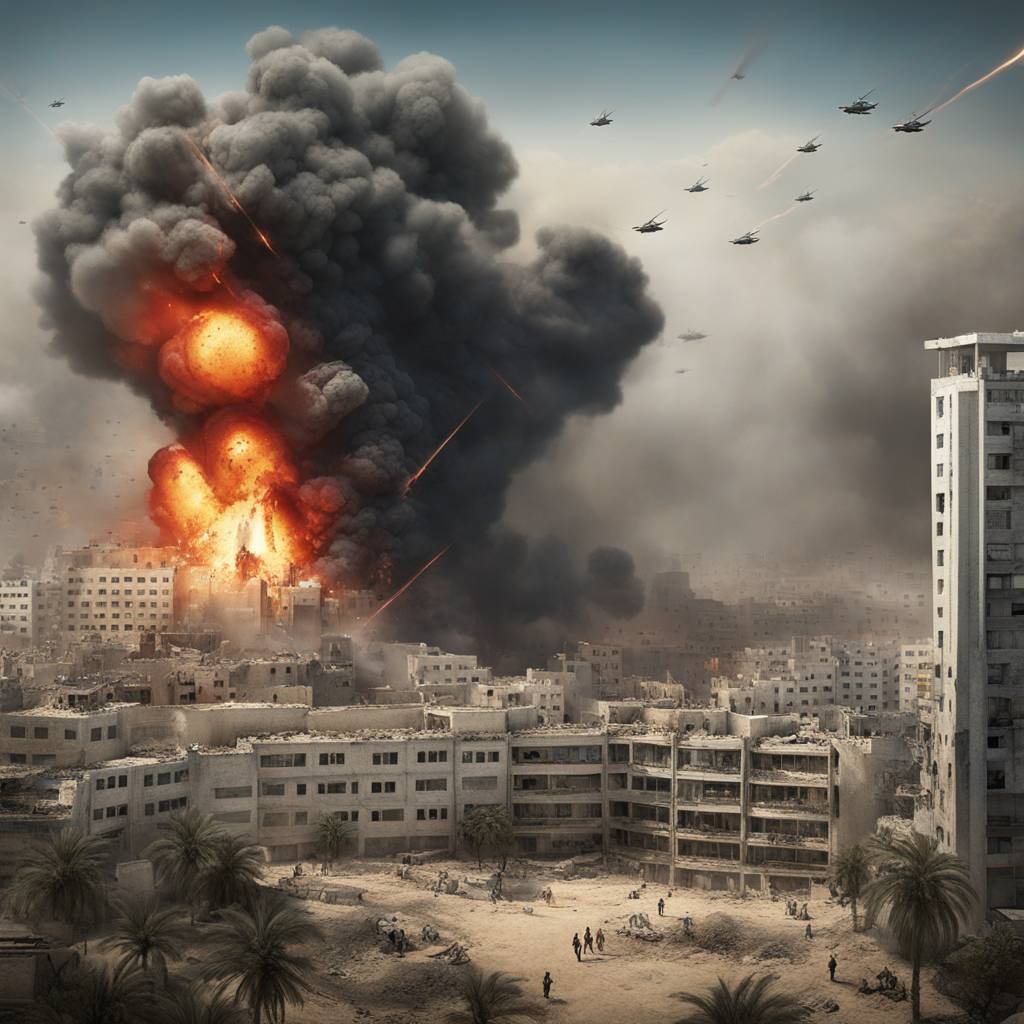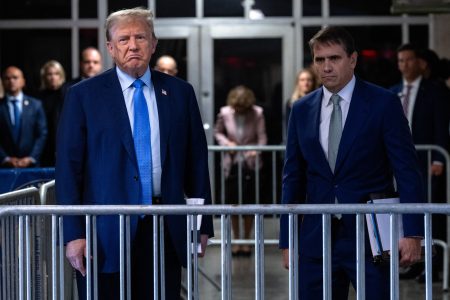Israeli troops and Hamas fighters engaged in deadly battles around two major hospitals in the Gaza Strip as international pressure mounted on Israel to moderate its approach to the ongoing conflict. The fighting at Al-Shifa Hospital in Gaza City highlighted the challenge Israelis face in maintaining control over areas they have previously occupied, as Palestinian militants are able to evade capture and return. Prime Minister Benjamin Netanyahu faced criticism and met with families of kidnapped soldiers held in Gaza, who accused him of ignoring their plight for months. While some families called for a truce with Hamas to secure the release of their loved ones, Israel showed no signs of easing its offensive in Gaza, despite calls from the United States, the United Nations, and the International Court of Justice for a cease-fire.
In response to mounting international pressure, the U.S. abstained from a United Nations Security Council resolution demanding a cease-fire, marking a shift in American policy towards Israel. The International Court of Justice ordered Israel to facilitate humanitarian aid to Gaza and prevent further deterioration of living conditions there, acknowledging the dire situation facing Palestinians in the enclave. Despite these calls for restraint, Netanyahu and his coalition maintained their commitment to continue the military offensive in Gaza, including a planned invasion in Rafah, a city where many Gazans have sought refuge. Netanyahu emphasized the need for forceful military pressure to secure the release of captured soldiers, rejecting calls for a truce with Hamas.
The war in Gaza faced condemnation from military strategists and Western officials, who criticized Israel for its destructive and deadly conduct of the conflict. While Israel claimed to have killed nearly 200 terrorists during the fighting, Gaza authorities reported over 200 civilian casualties and 1,000 detentions. Hospitals in Gaza, including Al-Shifa and Al-Amal, were targeted in the conflict, with reports of patients dying and supplies running critically short. The destruction of hospitals further strained Gaza’s already collapsing health system, leaving many without access to essential medical care.
The United States, which initially supported Israel’s actions following an attack on soldiers, shifted its stance as public opinion turned against Israel amid rising casualties and destruction in Gaza. The conflict has resulted in tens of thousands of deaths, displacements, and destruction of infrastructure, leading to a humanitarian crisis in the enclave. Gaza residents faced ongoing terror as Israeli forces conducted raids near hospitals and civilian areas, with reports of homes being set on fire and widespread devastation. The UN warned of an impending famine in Gaza, attributing the shortages to Israeli restrictions and Hamas diversions.
As the conflict persisted, Netanyahu canceled a planned trip to Washington and sought to reschedule discussions with President Biden on alternatives to military action in Rafah. However, the Israeli government did not confirm the rescheduling of the meeting, signaling ongoing tensions between the two countries. Netanyahu’s determination to press on with the offensive in Gaza, despite international calls for a cease-fire, reflected the challenges of balancing domestic political pressures with growing international condemnation of Israel’s actions. The ongoing conflict in Gaza highlighted the complexities of the situation and the urgent need for a diplomatic resolution to prevent further loss of life and humanitarian suffering.















